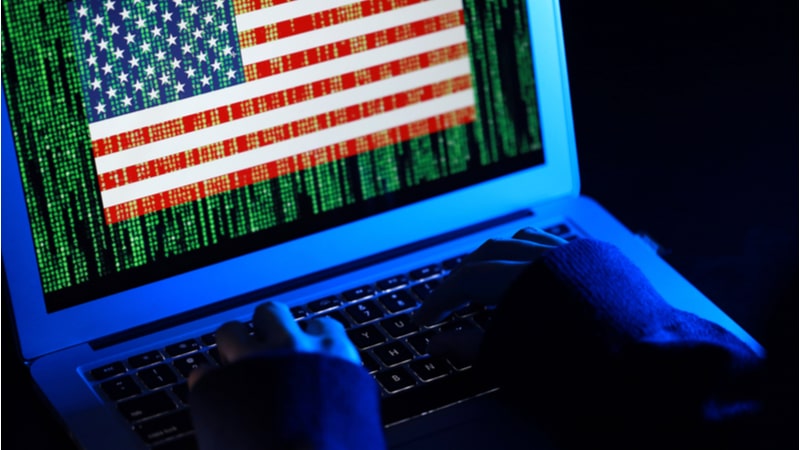
The Better Cybercrime Metrics Act – legislation that aims to improve cybercrime data collection and give Federal law enforcement more tools to stop online crime – was approved this week by the Senate via unanimous consent, and by the House Judiciary Committee via voice vote.
The bipartisan bill introduced earlier this year will “improve data collection on cybercrimes, giving law enforcement and policy makers more tools to understand the size and scope of cybercrime in the United States.”
If enacted, the legislation will do the following:
- Require FBI to report cybercrime metrics and cyber-enabled crime categories like it does for other types of property crimes;
- Encourage local and Federal law enforcement agencies to report cybercrimes to the FBI;
- Authorize a National Academies of Science study to “create a taxonomy for cybercrime incidents in consultation with Federal, state, local, and tribal stakeholders, criminologists, and business leaders that would inform the FBI’s reporting of cybercrime and cyber-enabled crime;” and
- Require the Bureau of Justice Statistics at the Justice Department and Census Bureau to include cybercrime and cyber-enabled crime related questions on its annual National Crime Victimization Survey.
“H.R. 4977 the ‘Better Cybercrime Metrics Act,’ is an important bipartisan measure to advance our understanding of cybercrime so that we may better prevent and combat its occurrence,” said House Judiciary Committee Chair Jerry Nadler, D-N.Y., during a committee meeting this week.
“As our society continues to be dependent on computer and internet technology, criminal actors find more ways to harm unsuspecting victims and launch sophisticated attacks,” he said. “[The legislation] will help us address this problem by directing the Department of Justice to work with the National Academy of Sciences, law enforcement, business leaders, cybercrime experts, and other stakeholders to create a taxonomy of the different types of cybercrime and cyber-enabled crimes.”
The bicameral bill is sponsored by Sens. Brian Schatz, D-Hawaii, Thom Tillis, R-N.C., John Cornyn, R-Texas, and Richard Blumenthal, D-Conn., and Reps. Abigail Spanberger, D-Va., Kweisi Mfume, D-Md., Josh Gottheimer, D-N.J., David Trone, D-Md., Ed Case, D-Hawaii, Blake Moore, R-Utah, Andrew Garbarino, R-N.Y., Sheila Jackson Lee, D-Texas, and Brian Fitzpatrick, R-Penn., as well as Delegate Eleanor Holmes Norton, D-D.C.
“To protect people and fight online crimes, including hacks and scams, we need to understand how often, when, and where it’s happening,” Sen. Schatz said in a press release when the legislation was introduced. “Our bipartisan bill will equip us with the data we need to go after criminals and provide more support to victims of cybercrime.”
The bill is supported by the National Fraternal Order of Police, Major Cities Chiefs Association, National Association of Police Organizations, National White Collar Crime Center, and Cybercrime Support Network.
“Over the last few years, we have seen cyberattacks against American consumers, homes, and business skyrocket. Unfortunately, we have seen a Federal government that lacks the preparedness required to fully combat the threats posed by the next generation of cybercrime,” said Rep. Spanberger. “That’s why I am so proud to see my bipartisan bill advance out of the House Judiciary Committee today,” she said. “The Better Cybercrime Metrics Act would provide our law enforcement with the tools they need to fight cybercrime and keep our communities safe online. By establishing a classification system that can properly identify these crimes and prevent attacks, we can hold perpetrators accountable and be better prepared for the next generation of challenges.”
